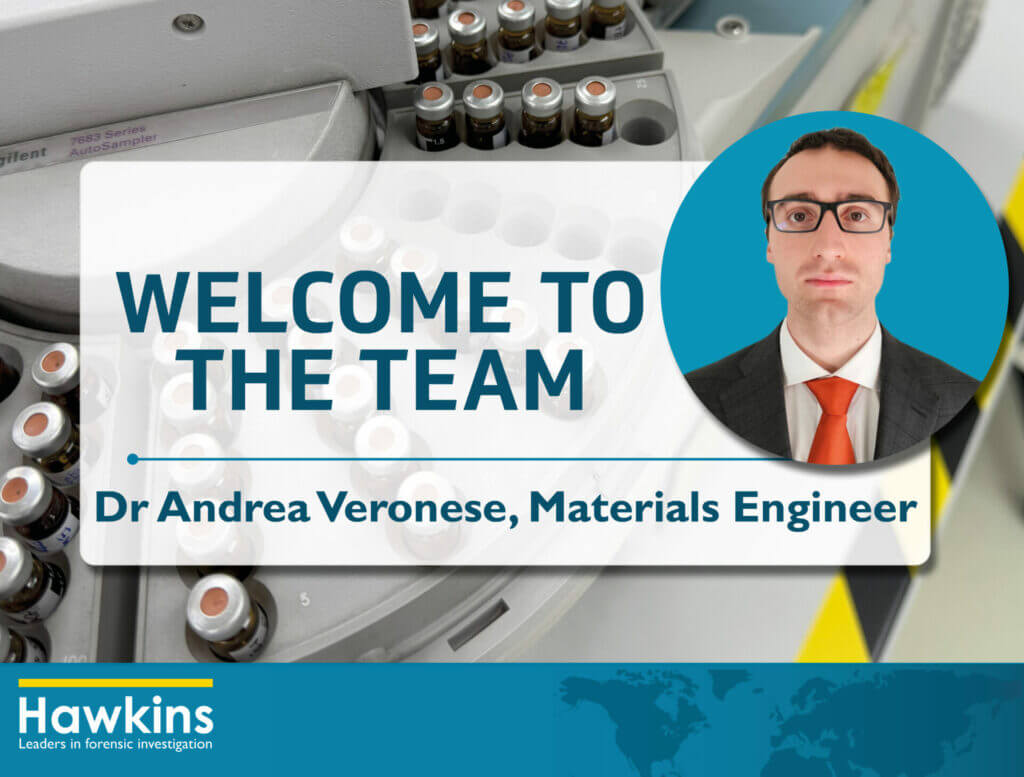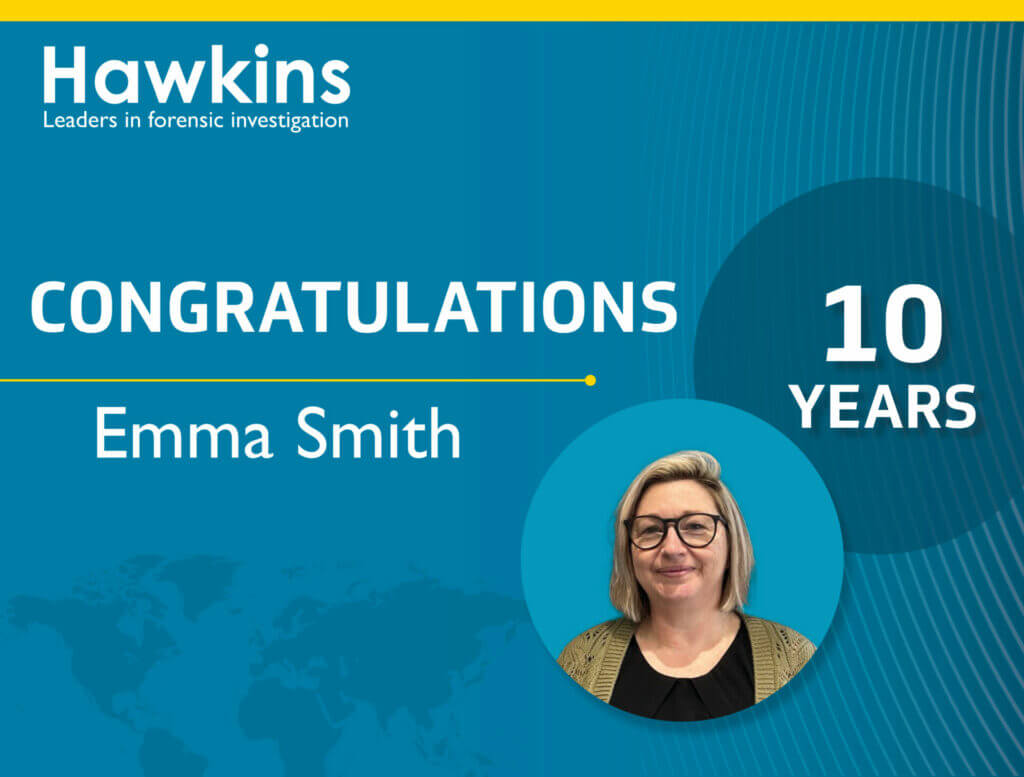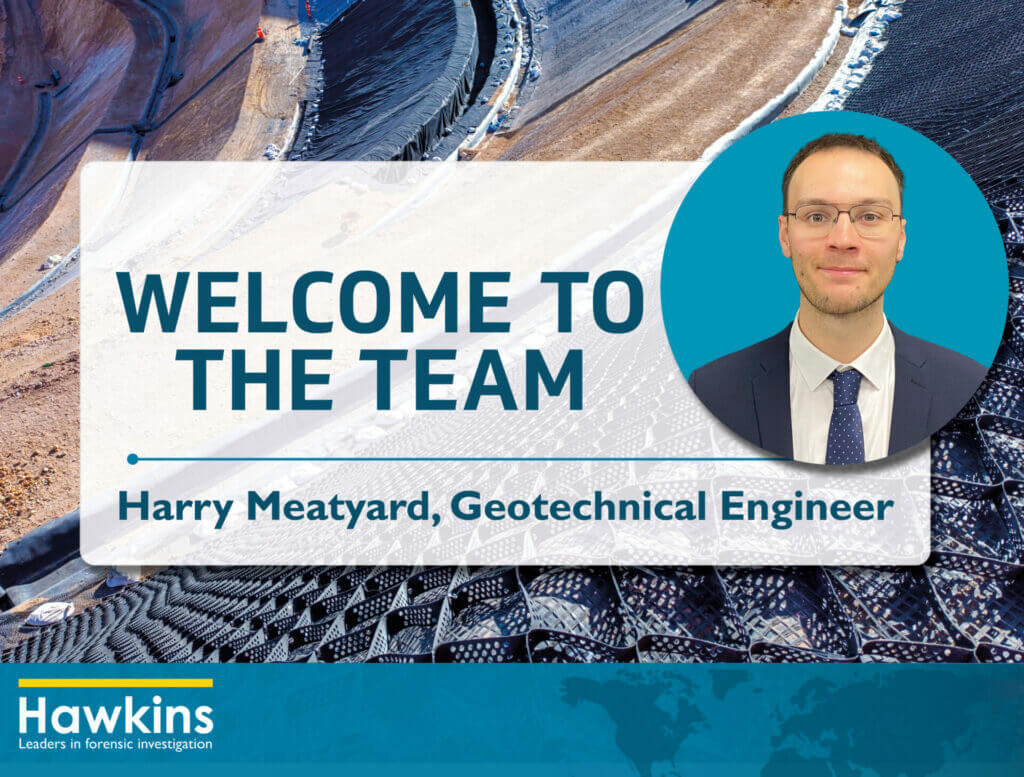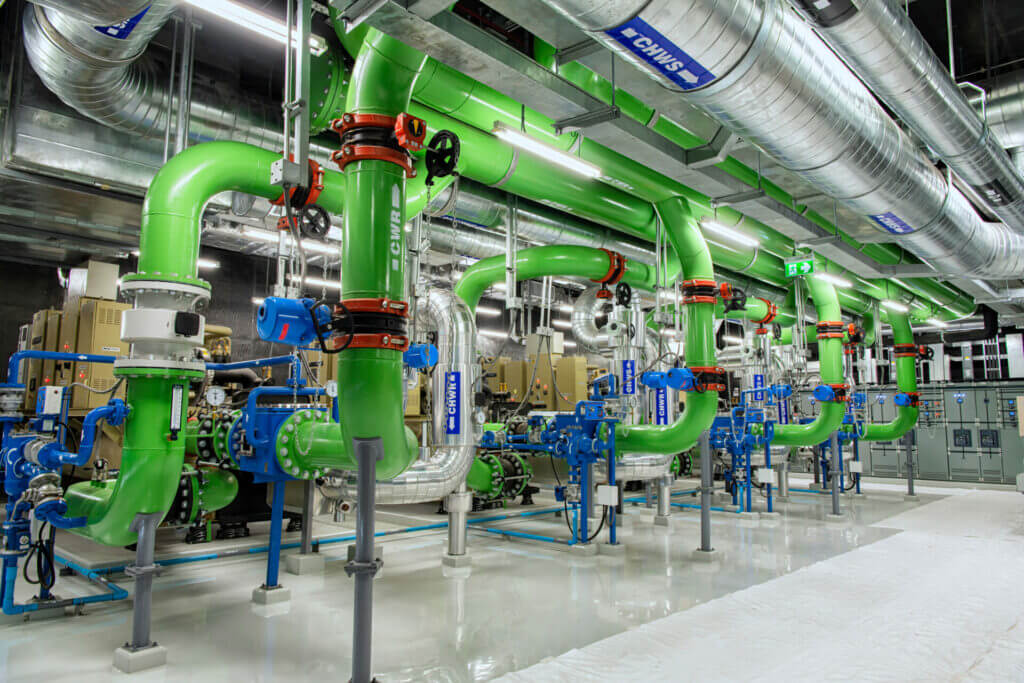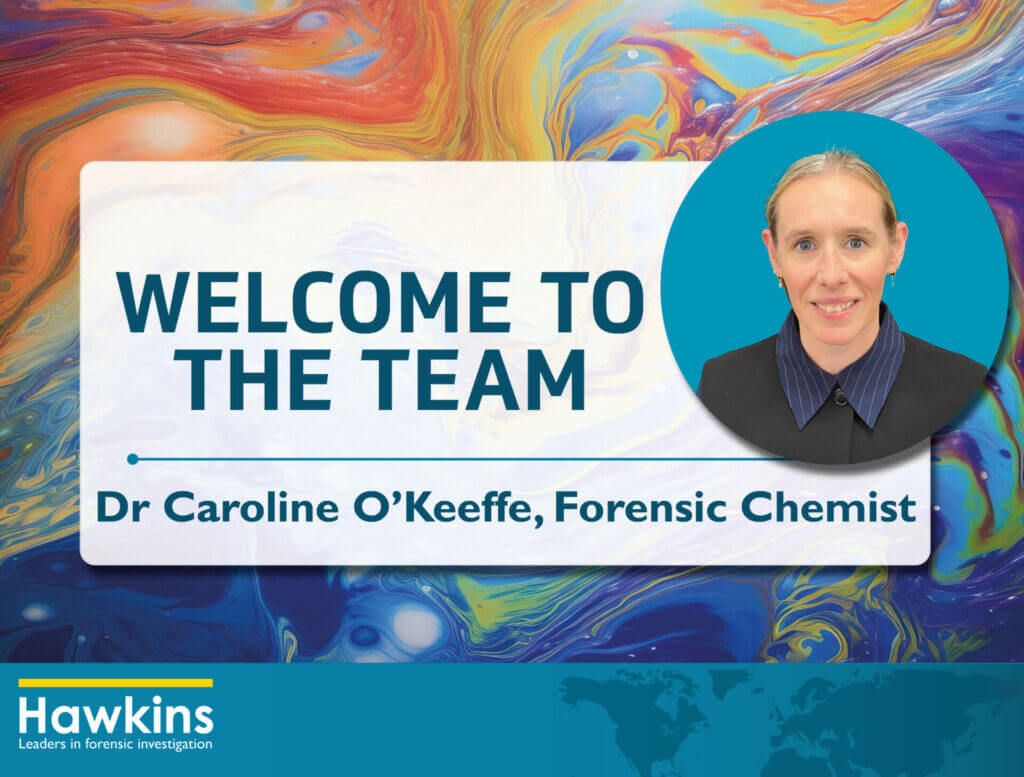News & insights
Found 418 Results
Hawkins Welcomes Materials Engineer Dr Andrea Veronese
Andrea joins Hawkins with him a strong academic background and a breadth of hands-on experience in materials science, ceramics, and high temperature processes.
Read MoreIs it Enough to Rely on What The Manufacturer Has Told You?
In the wake of the Grenfell Tower tragedy and the introduction of the Building Safety Act 2022, the relationship between designers and construction product manufacturers is under intense scrutiny.
Read MoreEmma Smith Celebrates 10 Years With Hawkins
Hawkins is pleased to celebrate a significant milestone as Office Administrator Emma Smith, marks 10 years with the business.
Read MoreHawkins Welcomes Geotechnical Engineer Harry Meatyard
Harry is a Chartered Civil Engineer specialising in geotechnics and holds an integrated Master’s degree in Civil and Structural Engineering from the University of Leeds. He has extensive experience in geotechnical design for multi-disciplinary infr
Read MoreUnderstanding Chiller System Failures: Causes, Consequences and Prevention Strategies
Chiller systems are a vital component of modern cooling infrastructure, we explore some of the common failure points that can compromise chiller system integrity and efficiency.
Read MoreHawkins Welcomes Forensic Chemist Caroline O’Keffee
Hawkins welcomes Forensic Chemist Caroline O'Keeffe to our London office as an associate.
Read MoreAdam Barrow Featured in The Expert Witness Journal
RTC Expert Adam Barrow is featured in The Expert Witness Journal. His article "Pedestrian Protection Through Vehicle Design" explores how pedestrian safety has evolved through engineering innovation and regulation.
Read MoreWater Damage In Basements Part II: Drainage
Hydrology expert Richard Keightley discusses potential damage and claims from sewers to basements following heavy rainfall.
Read MoreHawkins Welcomes Electrical Engineer Oscar Jones
Hawkins welcomes electrical engineer Oscar Jones as an associate based in our Bristol Office.
Read More
 Italiano
Italiano